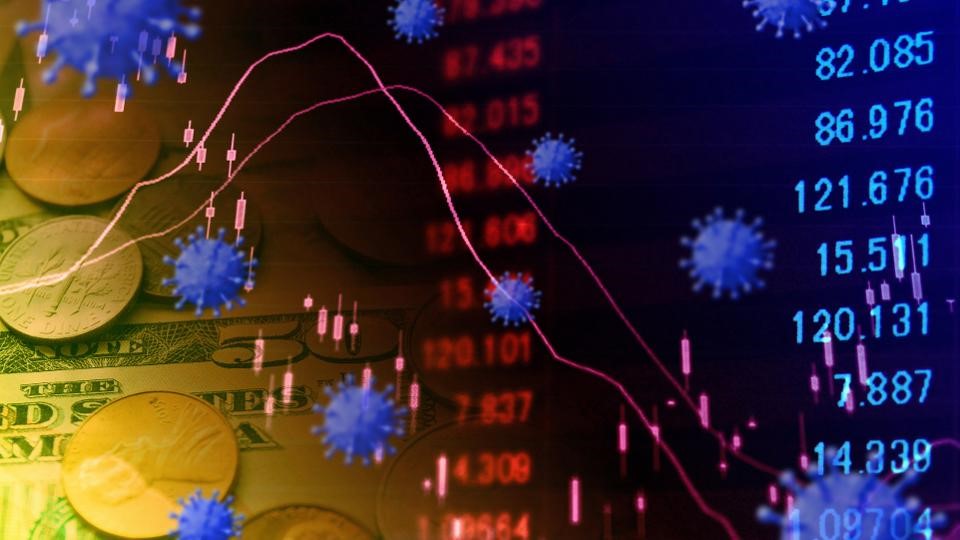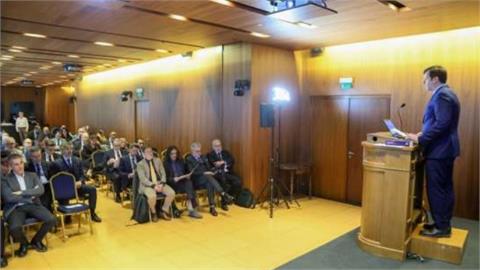On March 30, the Institute of Energy for SE Europe (IENE) sent to its Members and Associates its latest monthly analysis which deals with the repercussions of COVID-19 on the global energy markets, highlighting the case of SE Europe. As one country after another are in “lockdown”, the economic effects of the coronavirus are preceeding the spread of the virus itself, with financial markets swinging wildly, companies closing offices or asking employees to work from home in affected areas, and throttling air travel across the globe. Consequently, there are serious repercussions on global energy markets, including SE Europe. The effects of the coronavirus on renewable energy, electric vehicles and oil and gas are all coming into sharper focus in recent days.
On March 30, the Institute of Energy for SE Europe (IENE) sent to its Members and Associates its latest monthly analysis which deals with the repercussions of COVID-19 on the global energy markets, highlighting the case of SE Europe. As one country after another are in "lockdown”, the economic effects of the coronavirus are preceeding the spread of the virus itself, with financial markets swinging wildly, companies closing offices or asking employees to work from home in affected areas, and throttling air travel across the globe. Consequently, there are serious repercussions on global energy markets, including SE Europe. The effects of the coronavirus on renewable energy, electric vehicles and oil and gas are all coming into sharper focus in recent days.
The impact of the coronavirus is quite visible in SE European energy markets, with fast decreasing oil and gas consumption and falling prices, recorded delays in the solar module and wind turbine supply and additional restrictions on the deployment of electric vehicles. However, SE Europe appears to be one of the least affected areas in Europe thanks largely to timely preventive measures taken but also on account of its sparsely distributed population.
It remains to be seen how long it will take for the SE European countries and global economies in general to return to their pre-coronavirus economic, financial and growth conditions and how much the virus will affect global and regional energy markets in the short- and long-term. So far, the signals are not encouraging.




